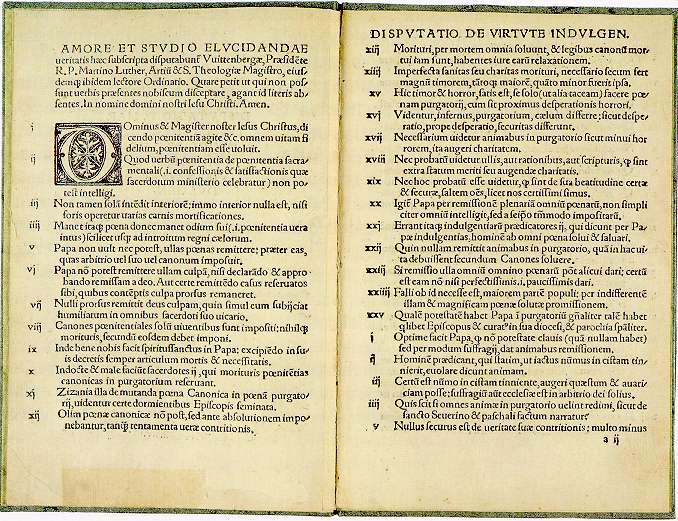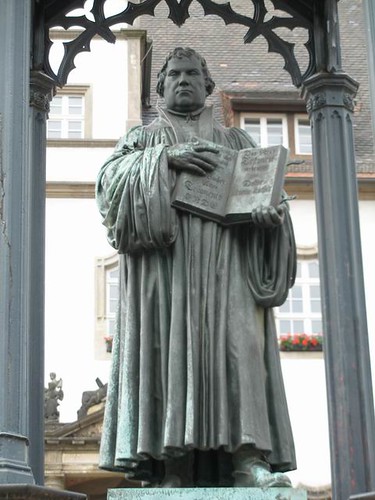The part of chapter two that I
found most interesting was that the German “nation” did not have serious
credibility until about 1455 with the discovery of Germania. The German culture was somehow lesser than other European
cultures because of their lack of history and superior ancestors. I find this
to be similar to the development of America with the lack of history and
breaking away from their forefathers. It is interesting that a nation can be
looked down on based on the amount of history it has.
America differed from Germany in
the sense that German’s had unknown descendants while American’s knew where
they came from and wanted to create a new society from it. During the fight for
American freedom they were creating a history for future descendants. We did
not lose proof of where we came from. The German lands were lost due to a lack
of ancestry
I never thought that a country such
as Germany with its rich culture and history, now, would have ever been looked
down on by other countries because of unknown origins. I assumed that Germans
had a rich and powerful culture and it is surprising to me that this was not
always the case.
This event shows me that German’s
are extremely proud of where they come from, and believe it makes them better
people. The German people faced a lot of discrimination when direct German
ancestry was unknown. I feel that a person’s ancestry was much more important
in the 1400’s because many people in America do not know much about their
ancestry but are not discriminated against due to a lack of family past.
The discovery of Germania by Tacitus aided in the change
of names from the “German lands” to Germany. I never thought that one text
would have such an impact on a group of people, and give them the confidence to
fight back against verbal attacks from the French and Italians. The amount of
confidence gained from this text for the Germans was immense and allowed them
to begin attacking the Roman ancestors of the French and Italians for thinking
they were superior purely based on their descendants.
One thing I do find curious is that
no one thought to question the writing of Tacitus. This writing that gave the
German nation such pride and aplomb could all be fictional. It is similar to
the Declaration of Independence being a fictional document. It would alter the
beliefs and thoughts of all Americans. I
find it odd that there was no other proof to say that Germans had descended
from “uncorrupted, loyal, brave, and plain-living Germānī” (Schulze p. 49).

This is a bust of Tacitus, who wrote
Germania, written for Emperor Trajan. It
can be said that he is responsible for the creation of the German nation.

This is a picture of the text
Germania. This is significant because it
is what gave the Germans confidence in their origins.
Word count: 443






